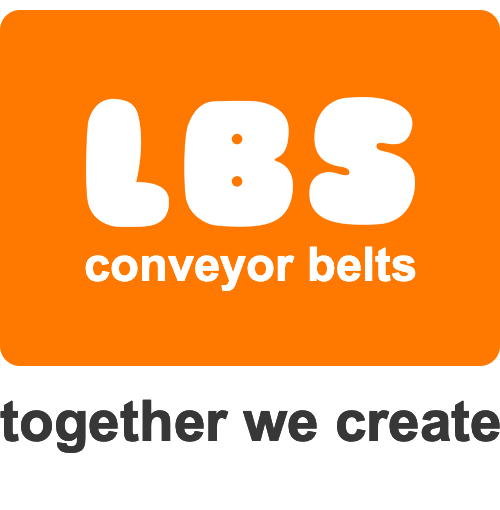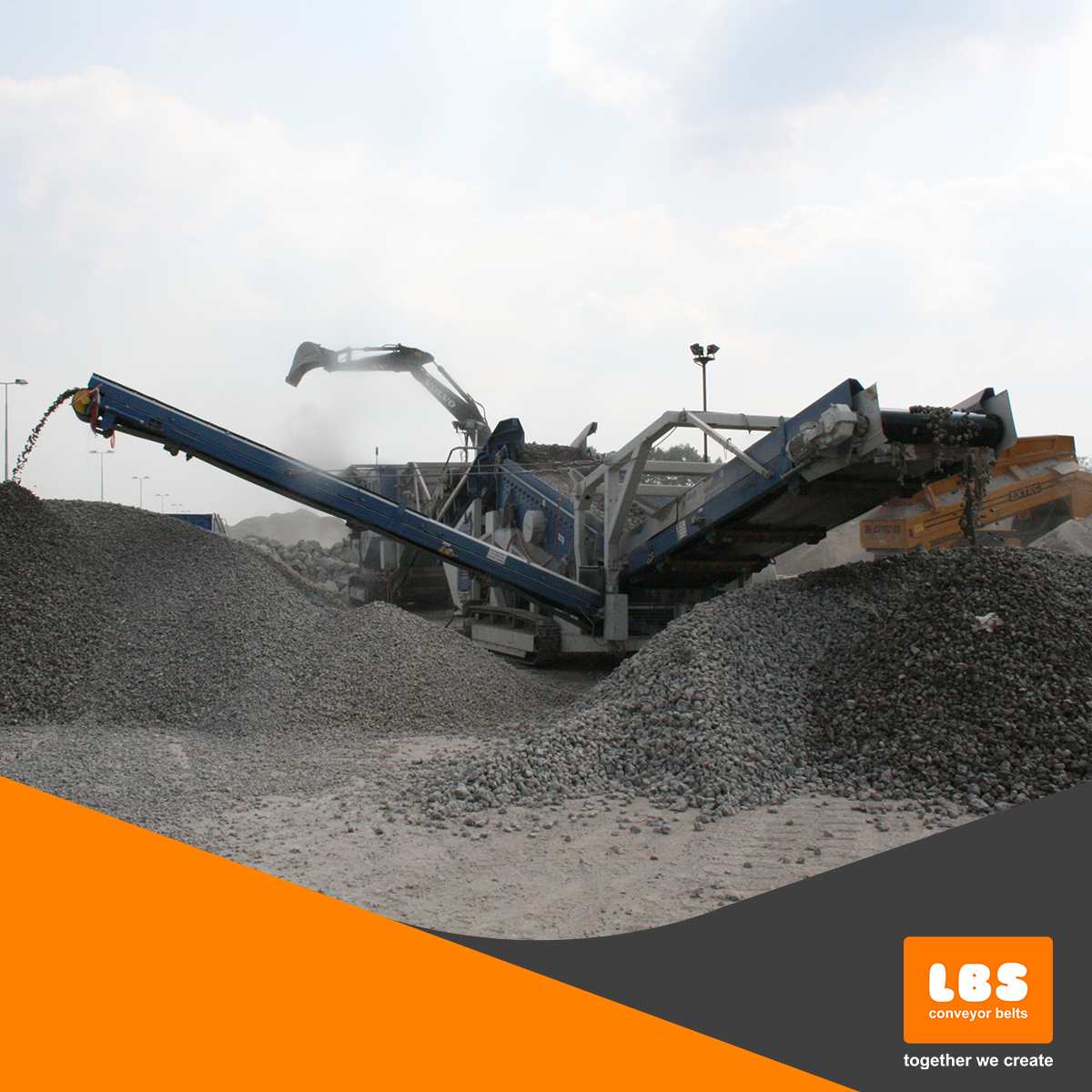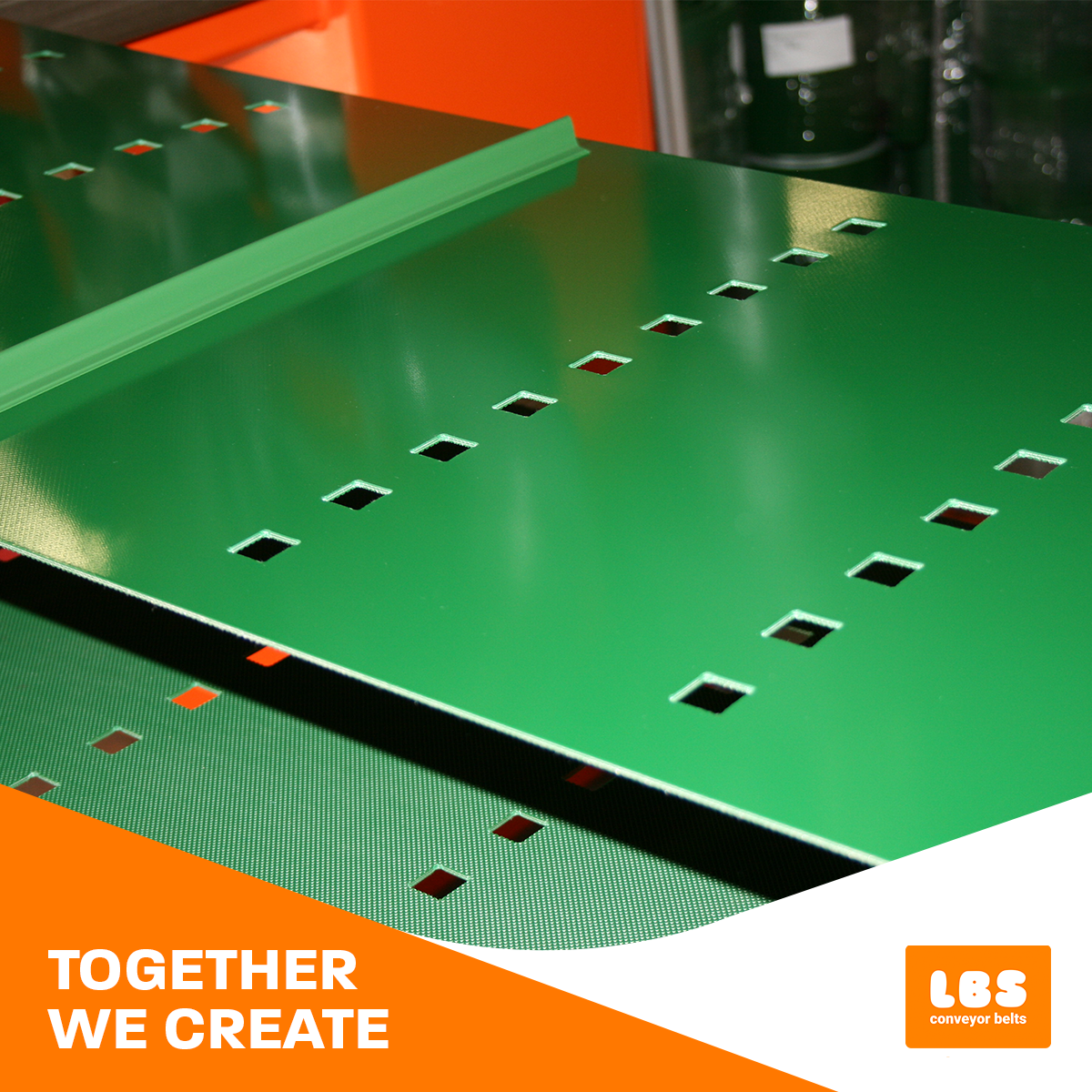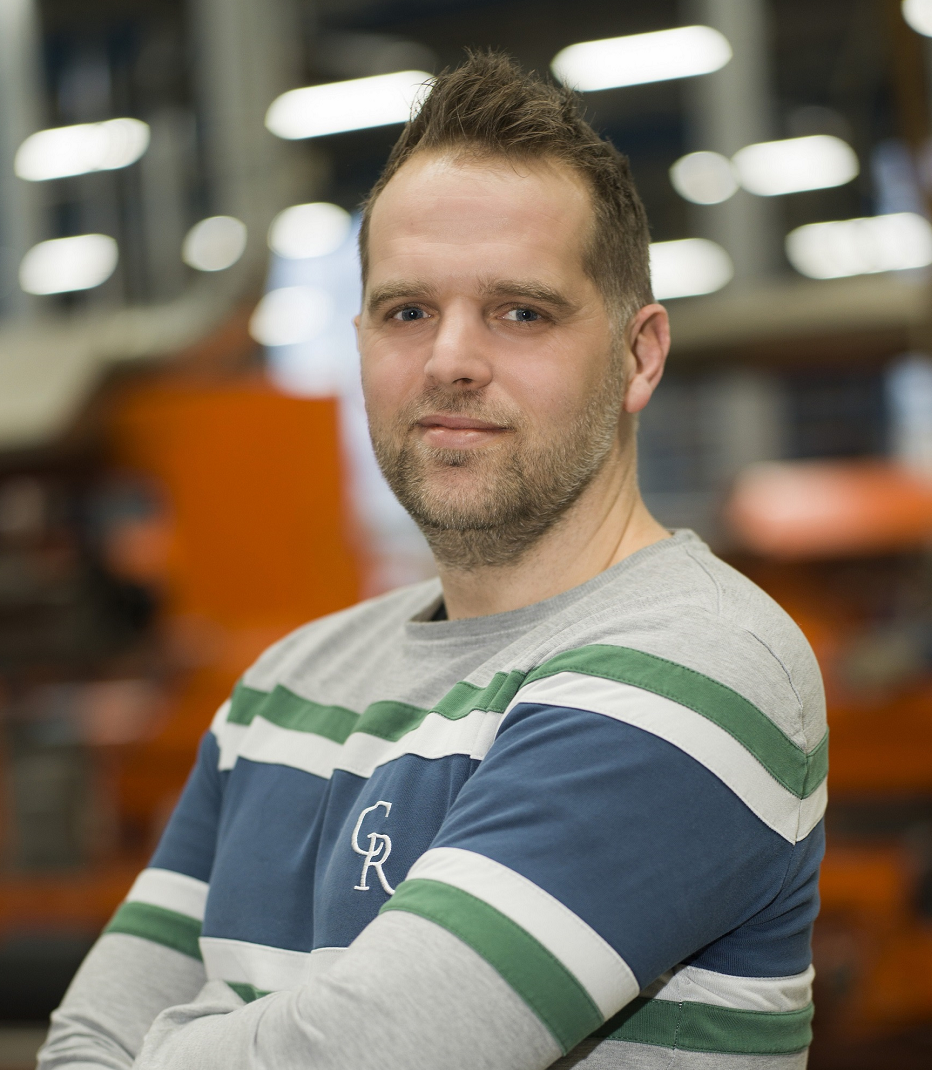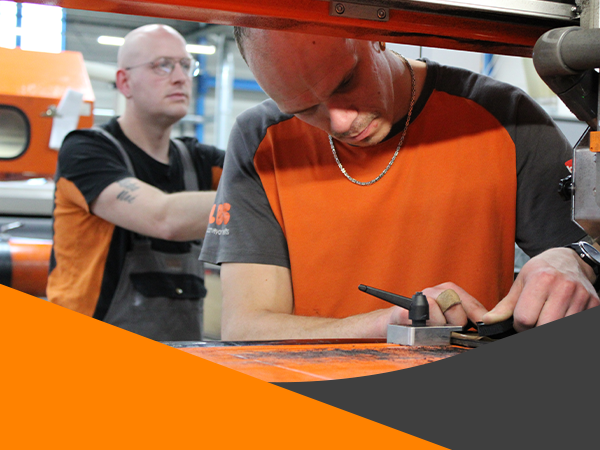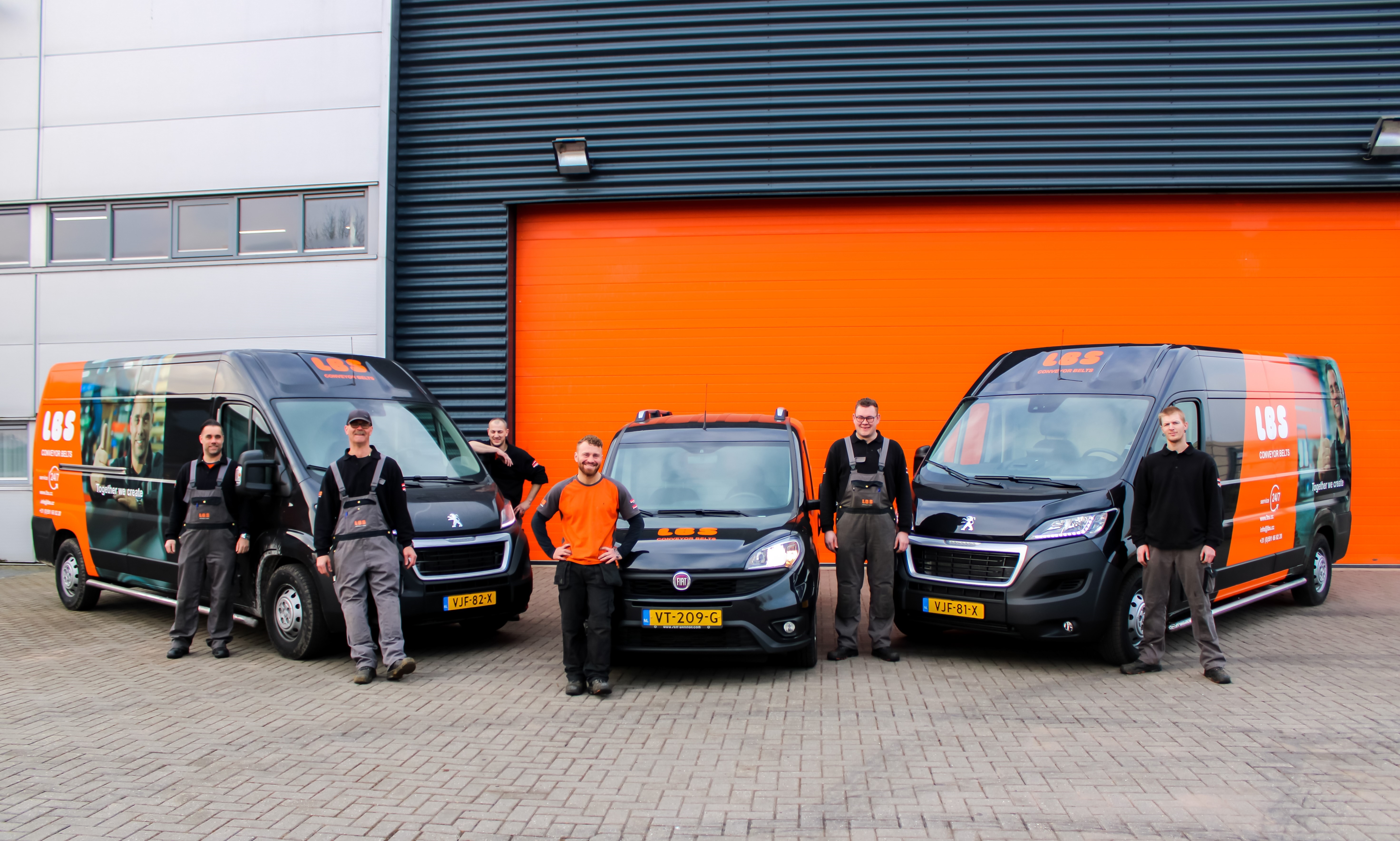THE IDEAL CONVEYOR BELT FOR CRUSHERS (RUBBLE CRUSHING)
In the modern world, where sustainability and environmental awareness are increasingly important, the recycling industry plays a crucial role in reducing waste and promoting reuse. An essential part of this industry is the process of rubble crushing, which involves reducing large pieces of construction and demolition waste into reusable materials. Central to this process is the debris crusher conveyor belt, a technological innovation that not only improves the efficiency of the recycling process, but also contributes to a more sustainable future.
STATIONARY AND MOBILE RUBBLE CRUSHERS
The demolition of various structures releases stony materials, known as demolition rubble. This demolition rubble is transported to a rubble crusher or processed on site using a mobile rubble crusher. If the rubble is transported to a rubble crusher, which is also known as a stationary or mobile rubble crusher.
The recycling of construction and demolition waste has increased significantly in recent years. Both stationary and mobile rubble crushers are used to reduce the stone portion of construction and demolition waste into gravel particles. These rubble particles can then serve as construction material in concrete or road construction projects. With advances in environmental technology, it is now possible to process rubble at demolition sites using mobile rubble crushers. These are mobile, allowing it to be used at various sites.
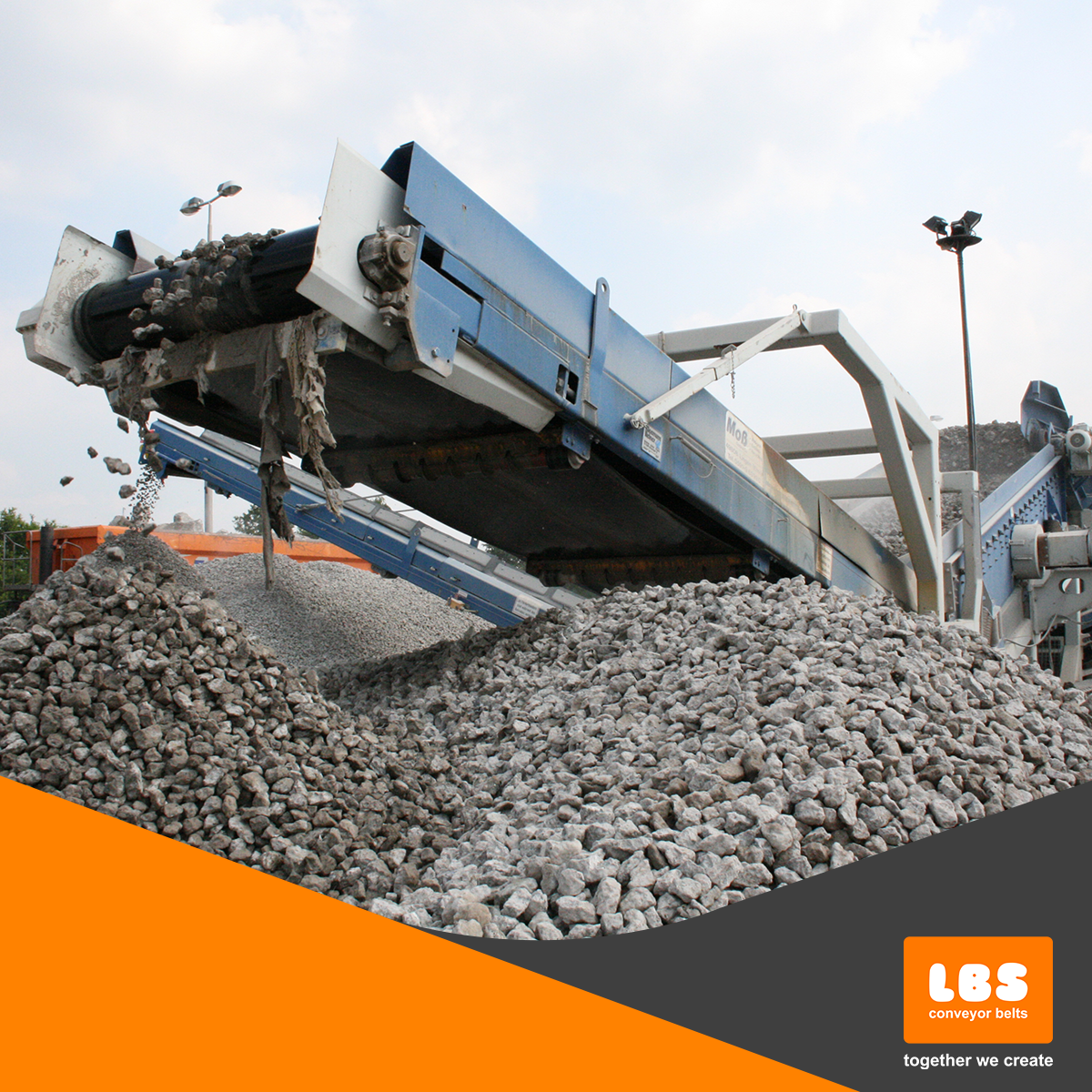
THE CHALLENGES OF RUBBLE CRUSHING IN THE RECYCLING INDUSTRY
Debris crushing is a complex process in which large chunks of concrete, stone, wood and other building materials are reduced to smaller fragments suitable for further processing. However, this process presents some challenges, such as the variability of the materials in size, density and hardness. Moreover, these materials need to be transported efficiently to the rubble crusher and then to other processing stations. Most rubble crushers are suitable for any type of debris, from asphalt to demolition debris. There are various types of rubble crushers such as rotor crushers, jaw crusher or cone crushers.
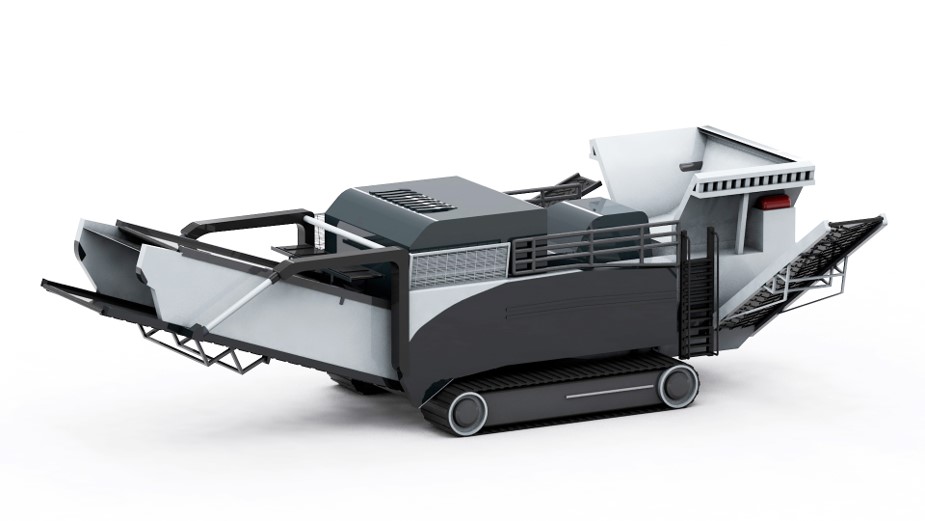
CHARACTERISTICS OF THE IDEAL CONVEYOR BELT FOR RUBBLE CRUSHERS
Robust construction: The conveyor belt must be able to withstand the heavy load and impact caused by transporting heavy debris. A robust construction with durable materials such as steel or abrasion-resistant materials is essential. Rubber conveyors chevron is the most ideal conveyor for debris crushers. The chevron profile ensures that the material is carried in the right way. Also, these belts are robust and well intended against the coarse material and prevents wear and tear.
Adaptability: As different types of debris have different properties, the conveyor needs to be adaptable to handle different materials efficiently. This can include variable speed control and adjustable inclination angles. Each conveyor on a debris crusher is custom-made and different, this is because each conveyor has a different function and is used in a different way. For example, you have the coarse robust conveyor belts with optional steel package reinforcement, this is where the coarse debris comes on and this is what the conveyor belt must be designed against. Then the debris is broken into smaller pieces and separated by magnetic belts, you often see these in combination with rubble crushers. To dispose of the smaller debris pieces, you have the smaller discharge belts on the sides of the machines. These are less robust belts, but usually chevron rubber conveyors that are wear-resistant and can move this rather sharp material.
Efficient movement: The conveyor should allow smooth and continuous movement of debris to the crusher and be able to move it again after crushing. Blockages and snags can reduce the efficiency of the whole process, so the conveyor should be designed to minimise such problems.
Energy efficiency: Sustainability plays a big role in modern industry. An energy-efficient conveyor, made possible by sustainable use and longevity through quality, can lower operational costs and reduce the carbon footprint. In this, it is important to choose wear-resistant materials and robust conveyor belts that can move sharp materials without breaking down. This way, you can save on costs and minimise production downtime.
Ease of maintenance: Regular maintenance is essential for reliable conveyor operation. A design that allows easy access to critical components can reduce maintenance time and minimise downtime. In this, it is also important to check the conveyor belt. Here, attention can be paid to belt tension, misalignment of the conveyor belt or wear spots. Also check the covering of the drum, because if the covering of the drum is no longer good, there is a chance that the belt will slip and this will cause wear and eventually damage the conveyor belt or the installation.
Conveyor belts commonly chosen for debris crushers/shredders are rubber chevron belts. This is because these are robust conveyor belts that are well designed to withstand coarse debris particles. There are various types of chevron belts. For example, both wide and narrow chevron profiles can be chosen. This depends on which product the conveyor is transporting. Read more about our profiles here.
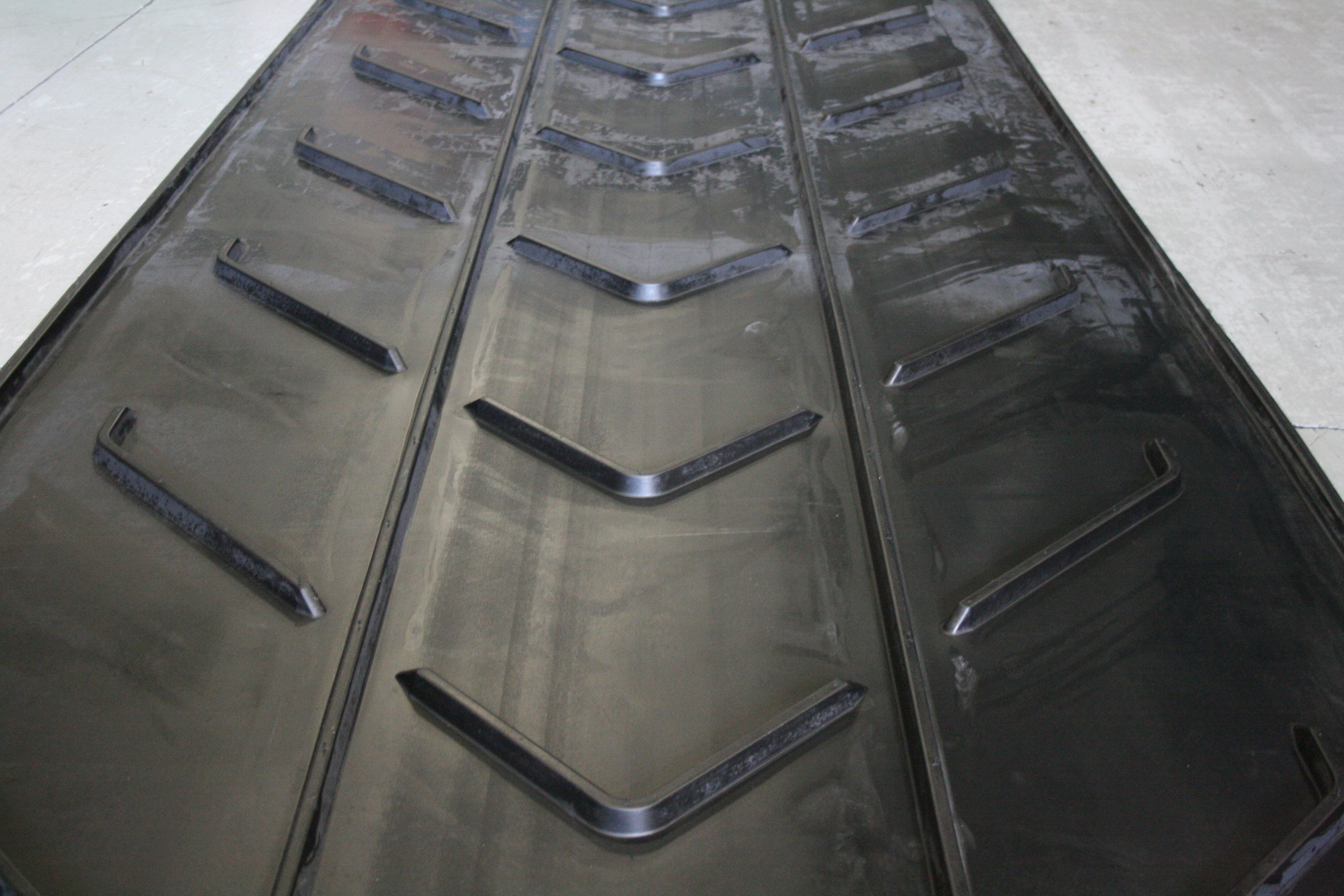
INDUSTRIAL APPLICATION AREAS FOR CRUSHERS
Crushers are used in various environments, including waste processing, where crushers reduce large products into smaller parts. Listed below are some sectors where crushers are frequently used:
- Construction and demolition waste
- Sand and gravel
- Granite
- Ore and coal
- Bottom ash
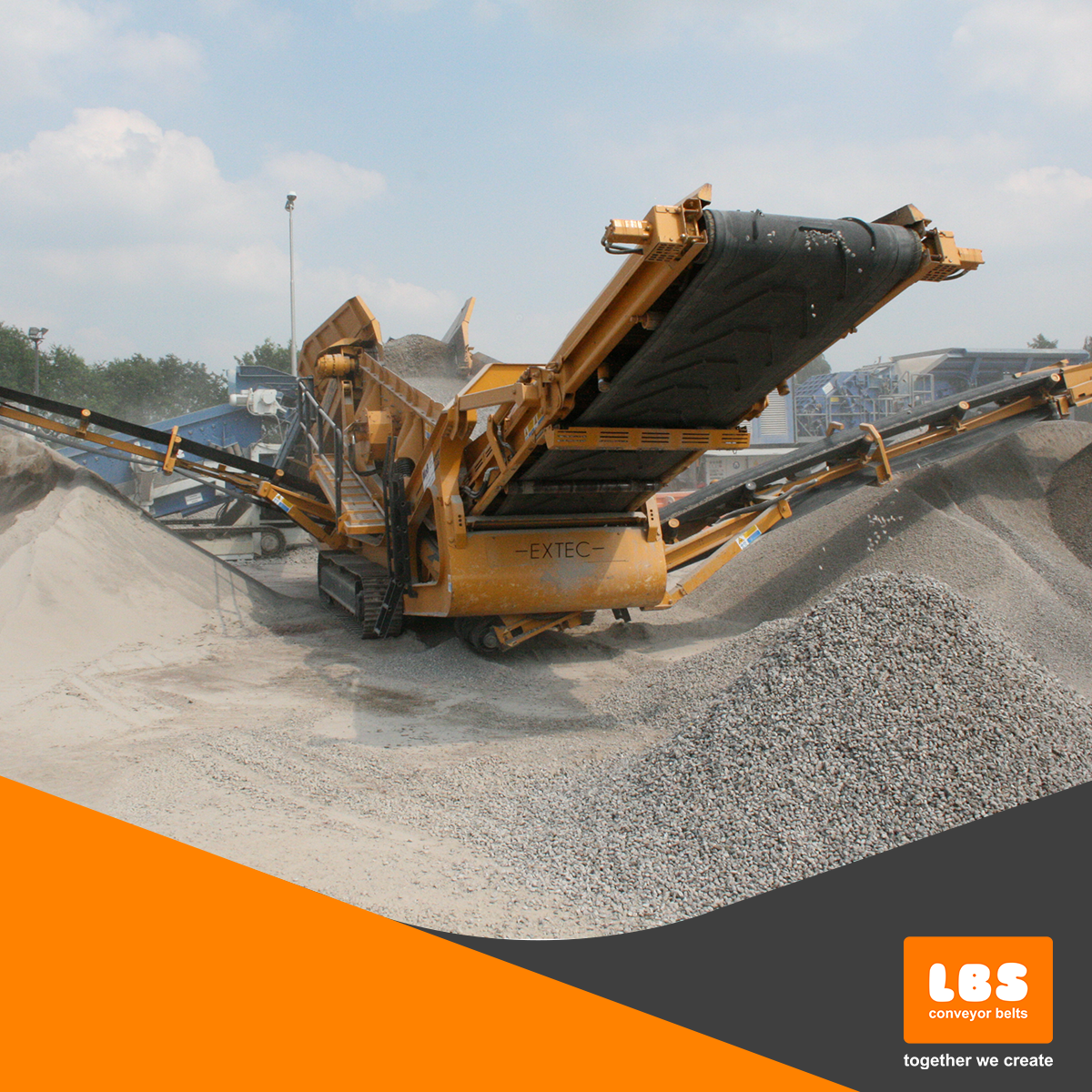
EFFICIENCY, QUALITY AND SUSTAINABILITY OF THE PRODUCTION PROCESS
The ideal conveyor for debris crushers in the recycling industry is a technological cornerstone for efficiency, sustainability and environmental conservation. With features such as robust construction, adaptability, efficient movement and ease of maintenance, this conveyor can significantly improve the debris crushing process. As the world continues to strive for a cleaner and more sustainable future, the development of advanced conveyors will continue to contribute to the progress of the recycling industry.
Questions? Contact us!
LBS is committed to quality and only works with high-quality materials and components. In doing so, we strive for the highest possible customer satisfaction and work closely with our clients. With a flexible and proactive approach, we meet our clients' specific needs as much as possible.
